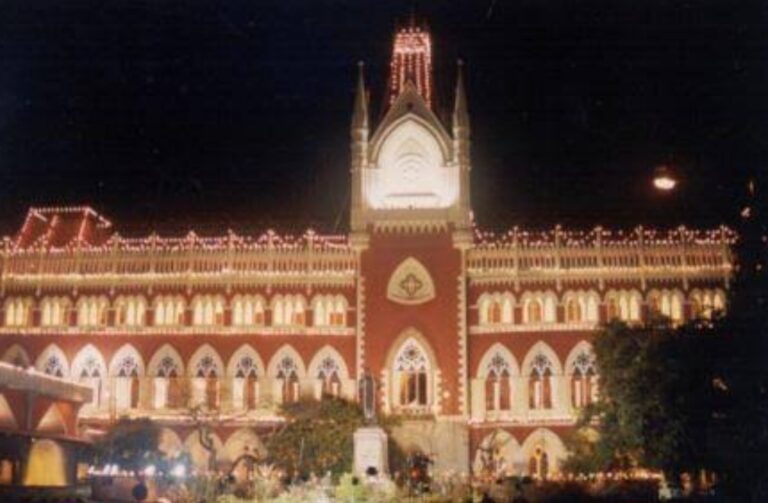The Calcutta High Court, in a significant ruling in the case of Sayan Biswas vs. Deputy Commissioner of Revenue, has clarified the legality of initiating separate GST proceedings under Sections 73 and 74 of the WBGST/CGST Act, 2017. While upholding the independent operation of these two sections, the court quashed a duplicate demand for Input Tax Credit (ITC) that had already been adjudicated under prior proceedings.
🔍 Background of the Case
The petitioner, Sayan Biswas, a trader dealing in ferrous waste and remelting scrap ingots, challenged an order dated July 19, 2024, issued under Section 73 of the GST Act. His contention was that:
-
The said order overlapped with an earlier concluded proceeding under Section 74 for the same period (April 2019 – March 2020).
-
Certain demands, especially those concerning ITC on B2B supplies, were already addressed and should not be reopened.
-
A portion of the new notice, particularly related to the Reverse Charge Mechanism (RCM), was vague and lacked clarity.
Earlier, the petitioner had faced a Section 74 proceeding, resulting in an order dated October 20, 2022, after he made a voluntary tax payment. Although his appeal under Section 107 was dismissed on December 27, 2023, he did not pursue it further due to the non-constitution of the GST Appellate Tribunal.
⚖️ Key Legal Arguments
For the Petitioner (Mr. Shraff):
-
Once proceedings under Section 74 are initiated and concluded for a particular period, issuing another notice under Section 73 for the same period and subject matter is legally untenable.
-
The inclusion of ITC details in Table 4(A)(5) of GSTR-3B was already settled in the earlier proceedings.
For the Revenue (Mr. Siddiqui, Sr. Advocate):
-
Sections 73 and 74 serve distinct legal purposes.
-
Section 74 applies in cases involving fraud, willful misstatement, or suppression of facts.
-
Section 73 deals with tax liabilities due to non-fraudulent reasons like clerical errors or omissions.
-
-
Thus, separate proceedings for the same tax period but on different legal grounds are valid.
-
The RCM demand was not vague and was supported by data from Form GSTR-1, including HSN codes and outward supply details.
📜 Court’s Observations and Ruling
The Court conducted a detailed examination of Sections 73 and 74 of the GST Act:
-
Section 73 permits the issuance of notices for non-payment, short payment, or erroneous ITC not involving fraud or suppression.
-
Section 74 deals with similar issues but involves fraudulent conduct or willful misstatements, hence attracting higher penalties and a longer limitation period.
The Court agreed that:
-
Issuing separate notices under Sections 73 and 74 for the same tax period is legally permissible if the grounds are distinct.
-
The RCM demand was not vague, and sufficient references were made to the petitioner’s GSTR-1 filings.
-
However, the demand related to ITC availed on B2B inward supplies, already adjudicated under Section 74 and upheld in appellate proceedings, could not be raised again under Section 73.
The court held that tax matters once settled must reach finality and cannot be reopened unless new grounds are presented.
📝 Conclusion and Impact
The writ petition was partly allowed. While the Court affirmed the validity of issuing separate notices under Sections 73 and 74, it quashed the duplicate ITC demand, recognizing it as already settled. The Court directed the Revenue Department to issue a fresh Form GST DRC-07, excluding the quashed demand.
✅ Key Takeaways for Taxpayers and Professionals
-
Distinct proceedings under Sections 73 and 74 are valid, even for the same period, as long as they are based on different grounds (fraud vs. non-fraud).
-
Finality of adjudicated matters must be respected; demands once settled cannot be re-raised without valid legal basis.
-
Taxpayers should maintain comprehensive documentation and respond timely to notices to avoid misinterpretation of demands.
